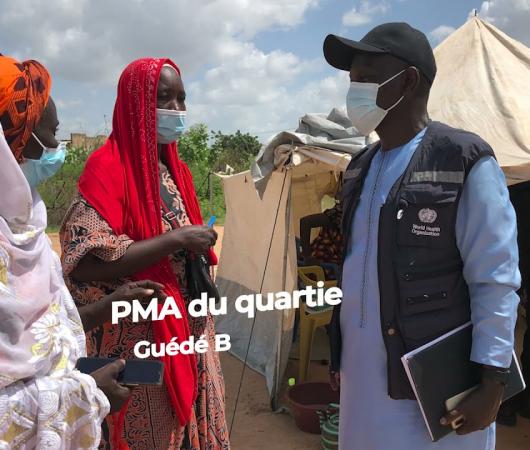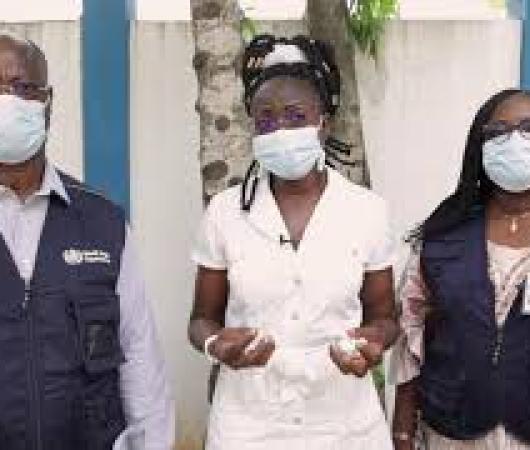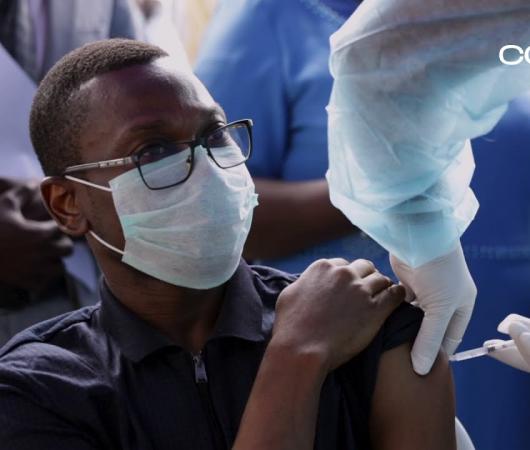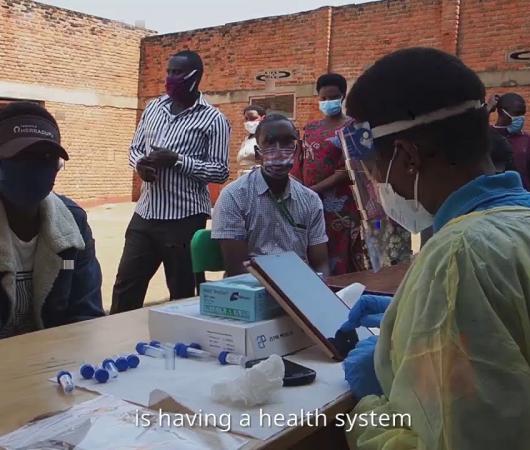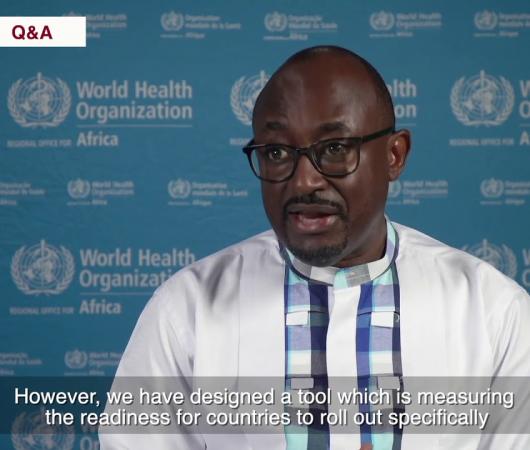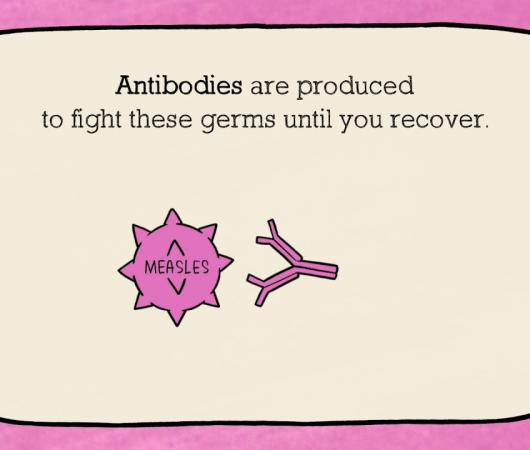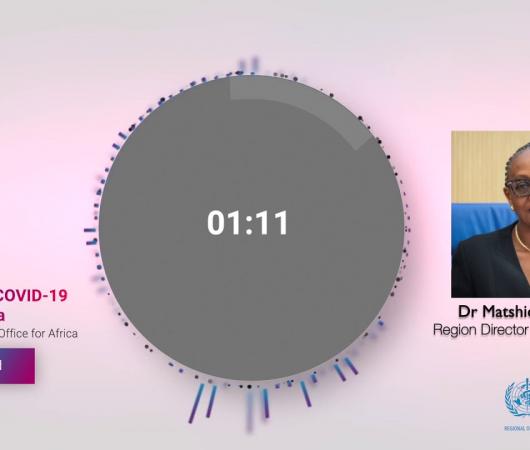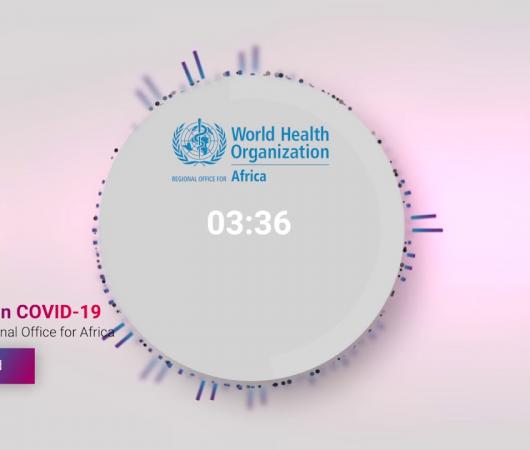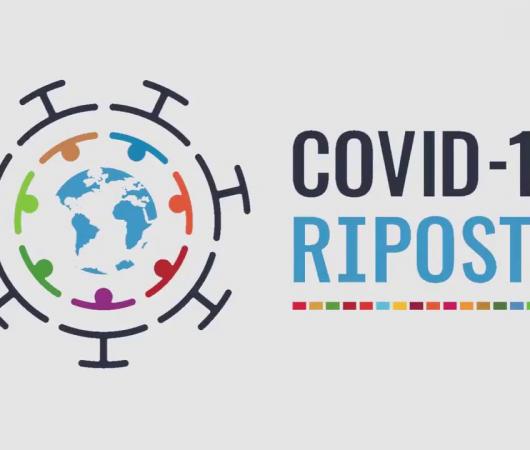A l’occasion du Grand Magal de Touba, l’OMS Sénégal a déployé une équipe multidisciplinaire pour accompagner la région médicale de Diourbel pour la couverture sanitaire lors de cet événement religieux.
Videos
Le Système des Nations Unies (SNU) au Bénin a lancé sa campagne de vaccination de son personnel contre la Covid-19, depuis le 15 Avril 2021 en présence du Coordinateur Résident du SNU, M. Salvator NIYONZIMA. Les premières doses de vaccins d’AstraZeneca, réceptionnées le 10 Mars, sont depuis lors…
Le gouvernement du Bénin a lancé officiellement, ce 29 Mars 2021, la campagne de vaccination COVID-19. La cérémonie de lancement a été présidée par deux Ministres du Gouvernement, le Ministre de la Santé et la Ministre des Affaires Sociales et de la Microfinance. Du côté des Nations Unies, le…
Le gouvernement du Bénin a lancé officiellement, ce 29 Mars 2021, la campagne de vaccination COVID-19. La cérémonie de lancement a été présidée par deux Ministres du Gouvernement, le Ministre de la Santé et la Ministre des Affaires Sociales et de la Microfinance.
Dr Mihigo Richard shares progress made in vaccine acquisition and rollout readiness.
As we prepare for COVID-19 vaccination rollout, here is an explanation of how vaccines work.
How has COVID-19 spurred innovation in Africa? Find answers to this and more in this exclusive podcast.
As new variants of COVID-19 surface in different countries, more and more people are becoming worried. Here, Dr Ali tell us more about what can be done and how WHO is scaling response to this.
COVID-19 has spurred innovations across Africa. Listen to how WHO Afro and partners are supporting innovations across the continent.
Le SNU Bénin ne baissera pas les bras face à la COVID-19. C'est le message fort des Chefs d'agence des Nations Unies dans cette vidéo. Le SNU s'engage à accompagner les efforts du gouvernement du Bénin et encourager les populations au respect des gestes barrières.



